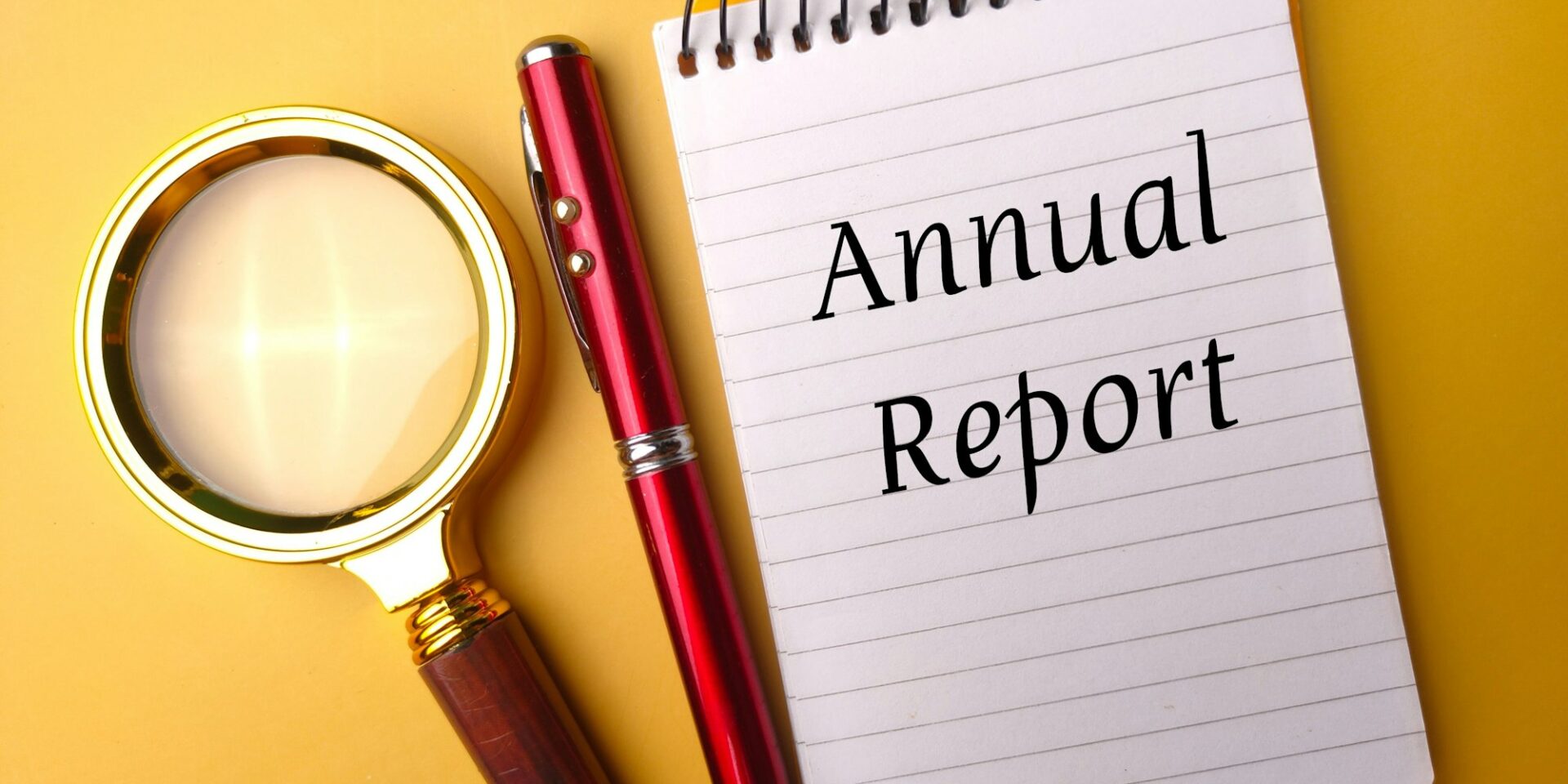Annual Report Analysis 2017-18: Central Water Commission
The Central Water Commission (CWC) has released its comprehensive Annual Report for 2017-18, offering insights into its extensive activities and achievements in water resource management across India. This article highlights key takeaways, projects implemented, budget allocations, utilization, and a critical analysis of the report.
Key Takeaways
The report underscores significant achievements in design consultancy, river management, water planning, and training programs. Notable milestones include:
- Design consultancy for 64 water resources projects in India and neighboring countries.
- Hydrological observations at 954 sites across various river basins.
- Issuance of 6297 flood forecasts with a 93.71% accuracy rate.
- Monitoring of 91 major reservoirs for effective water utilization planning.
- Accreditation of water quality laboratories in Hyderabad, Varanasi, and Coimbatore.
Highlighted Data
The report provides crucial data on India’s water resources:
- Average annual rainfall: 4000 BCM
- Utilizable surface water potential: 690 BCM
- Groundwater resources for irrigation: 369 BCM
- Total cultivable land: 182.2 Mha
- Ultimate irrigation potential: 140 Mha
Projects Implemented
The CWC has successfully implemented various projects, including:
- 64 water resources development projects in India, Bhutan, and Nepal.
- Design consultancy for detailed designs and hydraulic structures.
- Techno-economic appraisal of 13 major and medium irrigation projects and flood control projects.
- Flood forecasting services at 226 stations across 19 major river basins.
Budget Allocation and Utilization
The budget allocation and utilization are as follows:
- Central assistance disbursed: Rs. 3596 Crore under PMKSY-AIBP program.
- Funds released to 52 major and medium irrigation projects.
- Flood management program with Rs. 206.95 Crore released in 2017-18.
Pros and Cons of the Report
Pros:
- Comprehensive data on water resources and their management.
- Successful implementation of numerous projects.
- Enhanced flood forecasting and water quality monitoring.
Cons:
- Delays in certain projects, impacting timely completion and benefits.
- Need for better coordination and resource allocation for more efficient project execution.
Projects Delayed
The report acknowledges delays in some projects under PMKSY-AIBP and flood management programs. Efforts are ongoing to expedite the completion of these projects, with targeted timelines extending to December 2019 for remaining priority projects.


